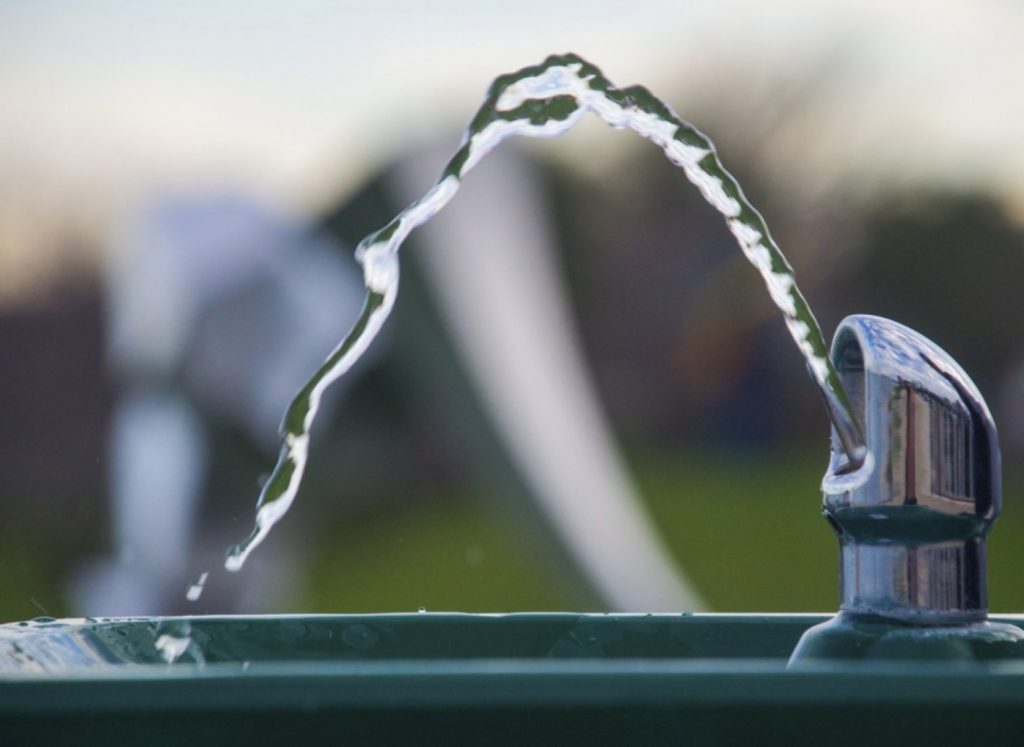The Federal Government of Nigeria and Burkina Faso plan to collaborate on Community Water Safety Plan and Rural Drinking Water Quality Monitoring and Surveillance.

Mrs Comfort Ekaro, the Permanent Secretary, Ministry of Water Resources, made this known in her office when a delegation from Burkina Faso visited to understudy Nigeria on Community Water Safety Plan, on Monday, August 19, 2019.
Ekaro, represented by Mr Emmanuel Awe, the Director, Water Quality Control in the ministry, said the visit by the delegation underscored the country’s commitment to promote safe water service delivery to the people of Burkina Faso and improve public health.
“Water is life; it can also be a carrier of life-threatening diseases if it is unsafe, particularly at the point of consumption. In Nigeria for instance, water transmitted diseases constitute one of the major public health burdens.
“According to the Multiple Indicator Cluster Survey (MICS) 2016 to 2017 Report, the per cent of household drinking water contaminated with E. coil in their homes and at the sources were 90.8 and 77.3 respectively.
“These worrisome statistics of Nigerians drinking water, especially at the point of use necessitated Nigeria to adapt Community Water Safety Plan and Rural Drinking Water Quality Monitoring and Surveillance approaches that are entirely driven by communities.
“In addition, the Nigeria Standard for Drinking Water Quality requires all water service providers including community water system to develop and implement water safety plan for each scheme to assure the drinking water qualities,” he said.
According to her, the Community Water Safety Plan is a practical approach where communities identify risk behaviours, or practices that may introduce contaminations into drinking water and implement planned activities to mitigate drinking water contamination through incremental improvement.
The permanent secretary, therefore, said that the ministry in collaboration with UNICEF in 2015 developed a training manual using WHO guidelines and Tear Fund Manual for Community Water Supply Planning.
Ekaro noted that the manual was reviewed in 2017 in accordance with Delivery Effective WASH Training (DEWT) to make it more practical oriented.
She said that the guideline for Rural Drinking Water Quality Monitoring and Surveillance was developed to validate the Community Water Safety Plan implementation and other WASH intervention such as the Community Led Total Sanitation (CLTS) and Hygiene promotion.
She assured the delegation of Nigeria’s support in the development and implementation of Community Water Safety Plan and Rural Drinking Water Quality Surveillance Guidelines in Burkina Faso.
Mr Stanislas Bonkwoungo, the Specialist on WASH, Ministry of Water and Sanitation, Burkina Faso, said the visit was to understudy Nigeria on safe water.
“We are here to know how you were able to achieve it and what was the challenges and what are the lessons to be learnt in order for us to implement it,” he said.
Mr Michael Forson, in charge of Water Safe and Water Supply, UNICEF, Nigeria said the visit was imperative as safe water was one of the goals of the Sustainable Development Goals (SDs).
He said that the Burkina Faso government had heard about the success story of Nigeria to ensure safe water at the community level.
“So, looking at the global SDGs from the point of fetching water, right to the point of use, it is very important as there are certain things that must be put in place involving the users and the operators to make sure that water is safe at every point in time and not contaminated.
“Nigeria, through the Ministry of Water Resources, leading the process and partners like UNICEF, among others are supporting the ministry in putting up a framework involving the community members, leaders and other NGOs to ensure safe water behaviours and practices.
“We have about 5000 communities that are implementing this strategy. So, Burkina Faso heard of it and they send their delegation to understudy it,” he said.
By Joan Nwagwu
